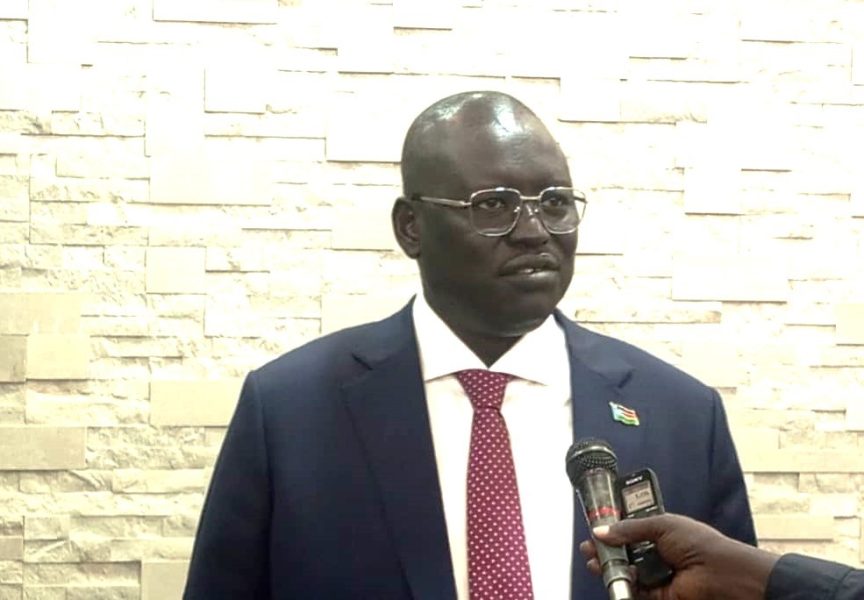
South Sudan is grappling with waves of smuggled substandard and intoxicated goods, posing serious health risks to its citizens.
Recent reports highlight the alarming ways these items are secretly transported into the country, concealed beneath legitimate imports in trucks at border entry points.
Simon Akuei Deng, Commissioner of the South Sudan Revenue Authority (SSRA), has raised concerns over the matter, warning that smuggling operations have become increasingly common, particularly at key border crossings such as Nimule.
Speaking at a technical committee meeting on Monday, Deng emphasized the urgency of enforcing stricter compliance measures.
“There is a lot of smuggling happening. Just the other day, a trader importing military food attempted to smuggle drugs as part of his shipment. Many trucks declare maize flour as their cargo, but in reality, three-quarters of the load consists of shisha, alcohol, and tobacco,” Deng revealed.
Authorities intercepted and arrested smugglers at Nimule, South Sudan’s primary border crossing with Uganda.
“They made it as far as Nimule before being caught. Now they’re protesting in my office, but I tell them, this is not part of any exemption. We must take this issue seriously,” Deng stated, stressing that stricter border compliance is essential for protecting the country.
Despite significant challenges, the South Sudan National Bureau of Standards (SSNBS) is actively working to identify and remove substandard goods unfit for human consumption.
In April 2025, SSNBS ordered the return of six trucks carrying 3,840 bags of white sorghum after tests confirmed the consignment failed quality standards.
The ongoing influx of counterfeit and substandard goods is not only a public health threat but also damages the country’s economy. Weak border control measures and the lack of adequate testing facilities remain key factors enabling the smuggling of harmful products.
As authorities intensify efforts to crack down on illicit trade, stronger enforcement mechanisms, improved infrastructure, and increased surveillance are urgently needed to safeguard consumers and curb smuggling operations.

